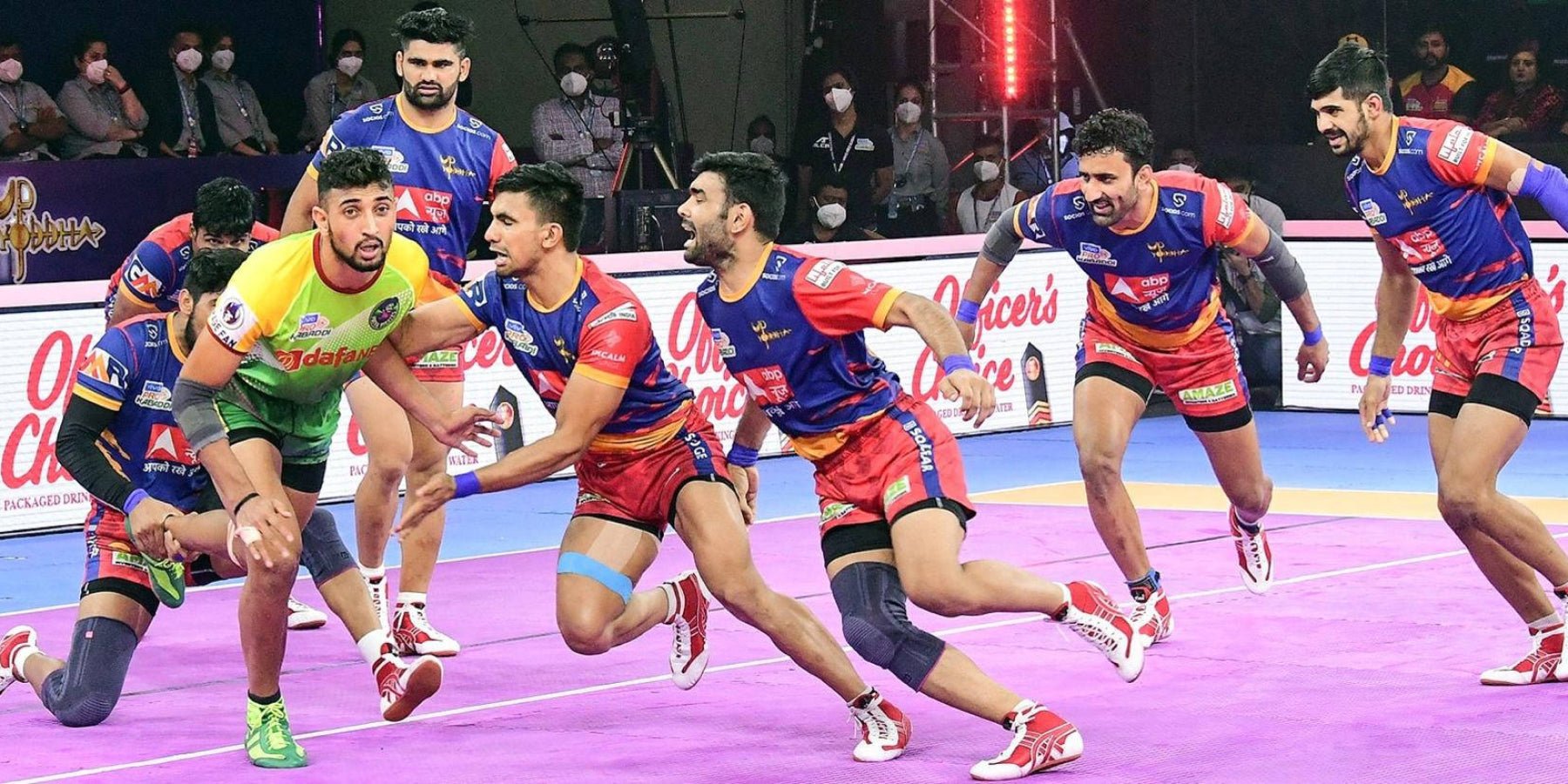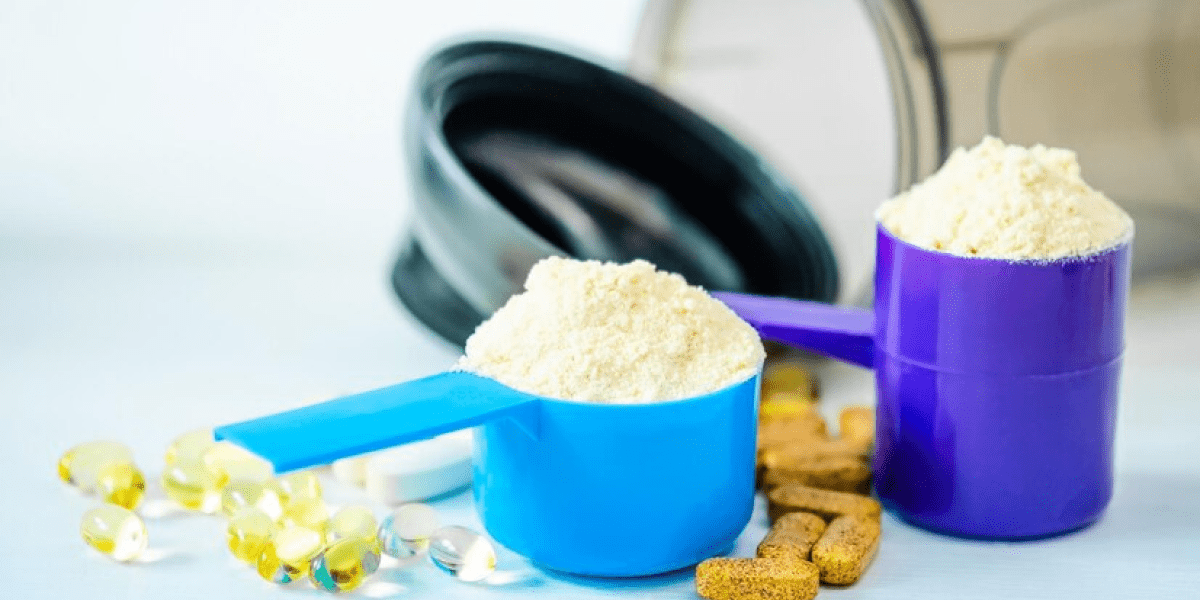In the fast-paced world of football, where physical prowess meets strategic finesse, nutrition plays a pivotal role in elevating players to their peak performance. This guide delves into the intricacies of nutrition for football players, emphasizing the vital connection between a well-balanced diet and on-field success.
Significance of Nutrition for Football Players

Football players, engaging in intense physical activity, requires a meticulous approach to nutrition for football players. Proper nourishment directly impacts energy levels, endurance, recovery, and fitness in football ensuring athletes stay at the top of their game. This guide sheds light on the crucial role nutrition for football players plays in the holistic development of football players, both on and off the field.
Key Nutrients for Football Players
Carbohydrates
Carbohydrates emerge as the powerhouse for football players, fueling their dynamic movements and sustaining energy levels throughout the game. Incorporating a carbohydrate-rich diet ensures players have the stamina needed to outmaneuver opponents on the field.
Proteins
Proteins, the building blocks of muscle repair and growth, are indispensable for football players. This guide emphasizes the significance of a protein-centric diet to aid in recovery, enhance strength, and fortify players against the physical demands of the game.
Fats
While often overlooked, healthy fats contribute significantly to a football player's overall well-being. This section discusses the role of essential fats in supporting cognitive function and promoting long-term health, bridging the gap between nutrition for football players and optimal performance.
Vitamins
Vitamins act as catalysts in various physiological processes crucial for football players. The guide outlines the specific vitamins essential for maintaining peak fitness in football levels, ensuring players are well-equipped to face the challenges presented by the sport.
Minerals

Minerals, often underestimated, are vital for muscle contraction, hydration, and overall performance. This section emphasizes the importance of minerals in preventing injuries and promoting longevity in a football player's career.
Meal Timing and Frequency
Pre-match Nutrition
Strategic pre-match nutrition are explored in detail, highlighting the significance of timing and food choices in optimizing energy levels for the upcoming game. The guide provides actionable insights for players to maximize their performance on the field.
Post-match Nutrition
Recovery is a key aspect of a football player's journey. The guide delves into post-match nutrition for football players, elucidating the importance of replenishing glycogen stores, repairing muscles, and expediting recovery for sustained peak performance.
Importance of Regular Meals
Consistency in meal frequency is underscored as a cornerstone of a football player's nutritional strategy. The guide stresses the significance of regular, balanced meals to maintain energy levels, support metabolism, and facilitate optimal physical condition.
Hydration Strategies
Water vs. Sports Drinks

Hydration is a linchpin for football players, and the guide delves into the debate of water versus sports drinks. It provides insights into choosing the right fluids to stay adequately hydrated during training sessions and matches.
Hydration Before, During, and After Matches
Strategically managing hydration throughout the entire football journey is explored, emphasizing the importance of pre-match, in-game, and post-match hydration strategies. This section equips players with the knowledge to maintain peak performance through optimal fluid intake.
Nutrition for Fitness Enhancement
Role of Nutrition in Optimal Performance
Nutrition's pivotal role in enhancing overall fitness and performance is emphasized. The guide discusses how tailored nutritional choices contribute to agility, speed, and endurance, enabling football players to excel in every aspect of their game.
Fueling Workouts and Recovery
Understanding the dynamic relationship between nutrition, workouts, and recovery is crucial. This section provides practical advice on fueling workouts and optimizing recovery through dietary choices tailored to the unique demands of football.
Insight into Football Supplements
Supplements, while not a substitute for a well-rounded diet, can complement a football player's nutritional intake. Explore the best supplements for football players. The guide provides an overview of various supplements, shedding light on their role and how they can be incorporated responsibly.
Recommended Supplements for Football Players

Delving into specific supplements, the guide outlines those recommended for football players. From glutamine and plant protein to whey protein, creatine, and BCAAs, players gain insights into how supplements can support their performance and recovery needs.
Glutamine
The benefits of glutamine in supporting immune function and aiding recovery after intense physical exertion are detailed. This section explains how incorporating glutamine into a football player's diet can contribute to overall fitness.
Plant Protein
Recognizing the importance of diverse protein sources, the guide explores plant protein as a valuable option for football players, addressing the needs of those who follow vegetarian or vegan diets.
Whey Protein
Whey protein, renowned for its rapid absorption, takes center stage in the guide. The section delves into how whey protein can be strategically used to meet protein requirements and facilitate muscle recovery.
Creatine
Creatine, a well-researched supplement, is discussed for its potential benefits in improving strength, power, and high-intensity performance. It helps recovery in football. The guide provides insights into incorporating creatine responsibly into a football player's regimen.
BCAAs
Branch-chain amino acids (BCAAs) are explored for their role in muscle protein synthesis and reducing muscle soreness. This section sheds light on how BCAAs can be utilized to support the fitness goals of football players.
Multivitamin
The guide concludes the supplement section with a discussion on multivitamins. Emphasizing their role in filling nutritional gaps, the section guides on selecting an appropriate multivitamin to support overall health.
Designing a Football-Specific Diet Plan
Individualized Nutrition Plans
Recognizing the uniqueness of each player, the guide underscores the importance of individualized nutrition plans. It provides insights into tailoring diets to meet specific needs, ensuring football players optimize their performance through exercises for footballers based on their unique characteristics and goals.
Sample Diet for Football Players

Practicality is paramount, and the guide doesn't fall short in providing a sample diet for football players. This section serves as a template, offering players a starting point to structure their nutritional intake for optimal results.
Common Dietary Mistakes to Avoid
Overlooking Nutrient Timing
Nutrient timing is a critical aspect often overlooked. The guide highlights the consequences of neglecting the timing of nutrient intake and provides strategies for
Relying Too Much on Supplements
While supplements have their place, overreliance can be detrimental. The guide cautions against excessive dependence on supplements, emphasizing the importance of obtaining nutrients from a varied and balanced diet.
This comprehensive guide, rich with insights and practical advice, serves as a valuable resource for football players aiming to harness the power of nutrition in their pursuit of excellence. From macronutrients to hydration strategies and dietary supplements, it equips players with the knowledge needed to fuel their success on the field.
FAQs
Q1) What are the nutrition guidelines for football?
Nutrition for football players involves a balance of macronutrients (carbohydrates, proteins, fats) to support energy demands, hydration for optimal performance, and micronutrients for overall health. Customizing meal plans based on training intensity and match schedules is crucial for the nutrition of football players.
Q2) What is the nutritional diet of a footballer?
The nutritional diet of a footballer includes a mix of lean proteins (chicken, fish), complex carbohydrates (whole grains, fruits), healthy fats (avocado, nuts), and ample hydration. Timing meals around training sessions is key, with emphasis on pre-match fuel and post-match recovery nutrition for football players.
Q3) Which food is good for football players?
Good foods for football players encompass a variety of nutrient-dense options. These include lean meats, whole grains, fruits, vegetables, and dairy or dairy alternatives. Properly timed snacks like energy bars or fruit can provide quick fuel during training or matches, contributing to the nutrition of football players.
Q4) What nutrition does a football player need?
Nutrition needs for football players that supports energy requirements, aids in muscle recovery and addresses the unique demands of the sport. This includes sufficient carbohydrates for fuel, protein for muscle repair, and adequate hydration to prevent dehydration during matches and training sessions, meeting the nutrition for football players.










Leave a comment
This site is protected by hCaptcha and the hCaptcha Privacy Policy and Terms of Service apply.